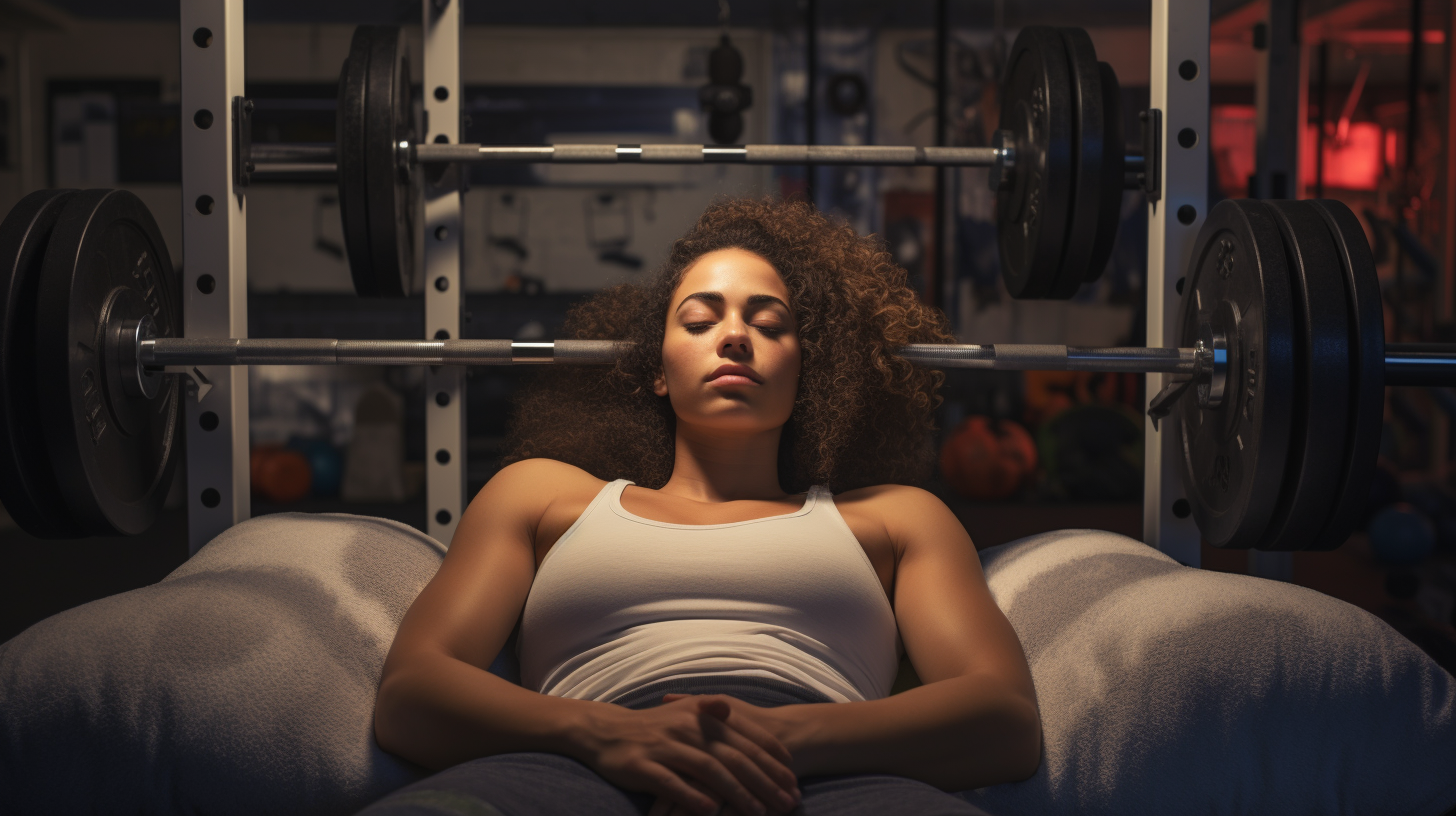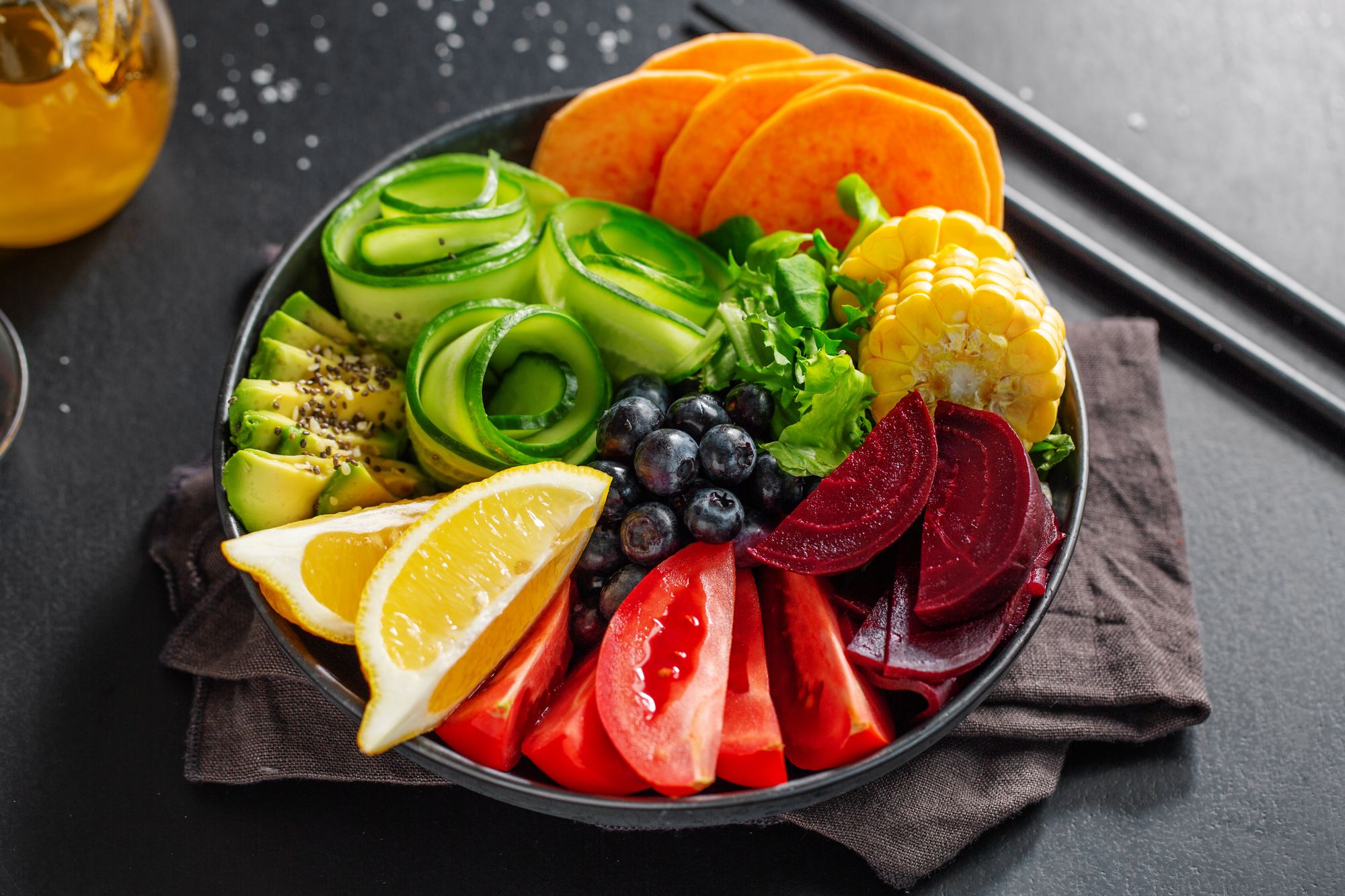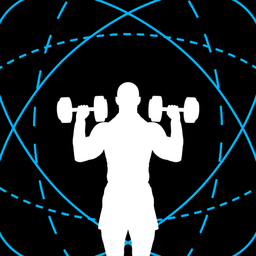Natural Sleep Aid Supplements: Which Are Worth Taking? (And How to Take Them)
Natural sleep aid supplements promise a good night's sleep — but not all of them work. Learn which are truly worth your money in this article.

Some people close their eyes and get instantly transported to Dreamland, where they’ll enjoy an undisturbed, refreshing, and reinvigorating 7 hours of sleep.
Unfortunately, you’re not one of them.
Sleep is always a frustrating toss-and-turn affair. And when you do (somehow) manage to tussle your way into Dreamland, the happy ZZZ time doesn't last.
It’s a massive struggle that’s got you asking — no, begging — “Isn’t there a natural sleep aid I can take that’ll help me fall and stay asleep without counting the damned sheep???” 🐑 (Because poor sleep = poor muscle growth.)
Good news: there is. Better still, there’s more than 1.
Melatonin
The first natural sleep aid on our list is melatonin.
Melatonin is a hormone your body naturally produces during nighttime (when it's dark outside) to regulate sleep timing. As levels of melatonin rise, levels of the "stress hormone", cortisol, fall. The result is a cascade of events that tell your body it’s time to sleep:
- Slowed respiration
- Lowered alertness
- Reduced core body temperature
Rrrright.
But what’s the point of melatonin supplementation if your body already produces it?
Answer: light exposure at night delays the production and release of melatonin.
So, if you, like most people these days, spend your evenings plopped in front of digital screens, there won't be enough melatonin to tell your body it's time to sleep.
How well does melatonin work as a natural sleep aid?
A 2013 meta-analysis of 19 studies published in PLOS One found that participants who took melatonin supplements fell asleep 7 minutes faster and increased overall sleep time by 8 minutes. The researchers also found that melatonin helped improve overall sleep quality.
OK … what about dosage?
Experts suggest starting with the smallest available dose (0.5 to 1.0 mg, 30 to 60 minutes before bedtime). If that has no effect, gradually increase the dose.
That isn't to say there isn't a limit to how much you can increase the dose. If you're still not sleeping well after raising the dosage to 10 mg daily, it’s probably time to suspect something else could be to blame for your sleep issues.
E.g., stress and anxiety, which keep your cortisol levels high — essentially inhibiting melatonin’s downstream sleep-inducing effects on your body.
Lavender and chamomile
And what’s a natural sleep aid that’ll help address that (i.e., stress and anxiety)?
Well, there are 2. Lavender and chamomile.
Lavender
Interestingly, there are 2 ways you could "use" lavender for better sleep.
The first is through inhalation — aromatherapy — and the second is ingestion (⚠️ with a few caveats; more on this later).
Let’s talk about inhalation first.
According to a 2014 systematic review published in the Journal of Alternative and Complementary Medicine, inhaling lavender oils positively affected participants with mild sleep disturbances.
As for ingestion, most studies linking oral lavender supplementation with sleep benefits involve a proprietary 80-mg lavender oil capsule called Seremind®.
If you're interested in exploring the oral route, make sure the lavender supplementation you get:
- Contains at least 80 mg of lavender and
- Is safe for consumption (note: you should not ingest lavender essential oil)
Chamomile
Ever noticed feeling sleepy after a cup of chamomile tea? It's not just in your head.
Chamomile contains a chemical compound called apigenin, which acts as a natural sleep aid by binding to the GABA receptors in your brain, calming you down, and promoting sleep.
A 2016 study published in the Journal of Advanced Nursing agrees.
In a group of post-natal women with poor sleep quality, the researchers found that those who drank chamomile tea reported fewer symptoms of inadequate sleep.
If you're pregnant or are planning to get pregnant, please seek medical advice before using chamomile as a natural sleep aid; there's a lack of evidence regarding its safety during pregnancy.
L-tryptophan
Tryptophan is an essential amino acid.
That means your body cannot produce it, and you must get it through your diet. But … how does this amino acid act as a natural sleep aid? See, tryptophan is the precursor for sleep-promoting melatonin and serotonin.
I.e., without tryptophan, your body won’t have enough melatonin and serotonin.
This, in turn, would help explain why a 2022 meta-analysis published in Nutrition Reviews found that L-tryptophan supplementation (especially at ≥ 1 gram) helped improve sleep quality.
However, it’s worth noting that not everyone would benefit equally from L-tryptophan supplementation.
Most people eating a typical, animal-based diet would be able to get approximately 1 gram of tryptophan daily — meaning their bodies are probably naturally producing adequate amounts of melatonin and serotonin already.
Getting overly enthusiastic with L-tryptophan supplementation could see you running into side effects such as nausea, dizziness, and tremors.
Those taking serotonergic drugs may even experience serotonin syndrome, a potentially life-threatening condition that results from, well, having too much serotonin in the body.
OK, so who would be a good “candidate” to use L-tryptophan as a natural sleep aid?
Possibly those who're on a plant-based diet, such as a vegan or vegetarian diet.
Psst, here's a high-protein vegan meal plan that'll increase your chances of meeting your L-tryptophan requirements:

Vitamins and minerals
Here’s a reaaaally short section on common vitamins and minerals — think vitamin D, B12, magnesium, and zinc — included in sleep supplements and marketed as “natural sleep aids”.
While they play a crucial role in sleep regulation, the truth is that, as with L-tryptophan, they don't do much if you're already getting adequate amounts from your diet. So, optimize your diet first before buying a smorgasbord of supplemental vitamins and minerals.
But before you take natural sleep aids …
Remember that natural sleep aids are unlikely “potent” enough to help you sleep well if you have poor sleep hygiene. As mentioned in this article, most have small to moderate effects.
You may be wondering, "What's good sleep hygiene, then?" Here are a few sleep tips:
2️⃣ Avoid digital screens close to bedtime (invest in blue-light-blocking glasses if you can)
3️⃣ Stick to a consistent sleep-wake schedule
4️⃣ Stay physically active (so you’re sufficiently tired at night)
And if you need help with the last point … check out GymStreak, the AI-powered personal trainer + nutrition app that’ll tailor your workout and diet plan to your specific needs, goals, and preferences.
See it to believe it:
Workout Programming + Nutrition Tracking, Off Your Hands
*sigh of relief* We'll guide you through it all — step-by-step. Just download the app, and you'll be making progress toward your dream body like never before.
References
Chang, Shao-Min, and Chung-Hey Chen. “Effects of an Intervention with Drinking Chamomile Tea on Sleep Quality and Depression in Sleep Disturbed Postnatal Women: A Randomized Controlled Trial.” Journal of Advanced Nursing, vol. 72, no. 2, Feb. 2016, pp. 306–15. PubMed, https://doi.org/10.1111/jan.12836.
Fernstrom, John D. “Effects and Side Effects Associated with the Non-Nutritional Use of Tryptophan by Humans.” The Journal of Nutrition, vol. 142, no. 12, Dec. 2012, pp. 2236S-2244S. PubMed, https://doi.org/10.3945/jn.111.157065.
---. “Effects and Side Effects Associated with the Non-Nutritional Use of Tryptophan by Humans.” The Journal of Nutrition, vol. 142, no. 12, Dec. 2012, pp. 2236S-2244S. PubMed, https://doi.org/10.3945/jn.111.157065.
Ferracioli-Oda, Eduardo, et al. “Meta-Analysis: Melatonin for the Treatment of Primary Sleep Disorders.” PLOS ONE, vol. 8, no. 5, May 2013, p. e63773. PLoS Journals, https://doi.org/10.1371/journal.pone.0063773.
Kasper, Siegfried, et al. “Silexan in Anxiety Disorders: Clinical Data and Pharmacological Background.” The World Journal of Biological Psychiatry: The Official Journal of the World Federation of Societies of Biological Psychiatry, vol. 19, no. 6, Sept. 2018, pp. 412–20. PubMed, https://doi.org/10.1080/15622975.2017.1331046.
Key, Timothy J., et al. “Plant-Based Diets and Long-Term Health: Findings from the EPIC-Oxford Study.” The Proceedings of the Nutrition Society, vol. 81, no. 2, May 2022, pp. 190–98. PubMed Central, https://doi.org/10.1017/S0029665121003748.
Krüger, Tillmann, et al. “Prescription of Silexan Is Associated with Less Frequent General Practitioner Repeat Consultations Due to Disturbed Sleep Compared to Benzodiazepine Receptor Agonists: A Retrospective Database Analysis.” Healthcare, vol. 11, no. 1, Dec. 2022, p. 77. PubMed Central, https://doi.org/10.3390/healthcare11010077.
Lillehei, Angela S., and Linda L. Halcon. “A Systematic Review of the Effect of Inhaled Essential Oils on Sleep.” Journal of Alternative and Complementary Medicine (New York, N.Y.), vol. 20, no. 6, June 2014, pp. 441–51. PubMed, https://doi.org/10.1089/acm.2013.0311.
Paredes, Sergio D., et al. “Assessment of the Potential Role of Tryptophan as the Precursor of Serotonin and Melatonin for the Aged Sleep-Wake Cycle and Immune Function: Streptopelia Risoria as a Model.” International Journal of Tryptophan Research : IJTR, vol. 2, Jan. 2009, pp. 23–36.
Rahman, Shadab A., et al. “Characterizing the Temporal Dynamics of Melatonin and Cortisol Changes in Response to Nocturnal Light Exposure.” Scientific Reports, vol. 9, Dec. 2019, p. 19720. PubMed Central, https://doi.org/10.1038/s41598-019-54806-7.
Salehi, Bahare, et al. “The Therapeutic Potential of Apigenin.” International Journal of Molecular Sciences, vol. 20, no. 6, Mar. 2019, p. 1305. PubMed Central, https://doi.org/10.3390/ijms20061305.
Savage, Rosemary A., et al. “Melatonin.” StatPearls, StatPearls Publishing, 2023. PubMed, http://www.ncbi.nlm.nih.gov/books/NBK534823/.
Simon, Leslie V., and Michael Keenaghan. “Serotonin Syndrome.” StatPearls, StatPearls Publishing, 2023. PubMed, http://www.ncbi.nlm.nih.gov/books/NBK482377/.
Sutanto, Clarinda N., et al. “The Impact of Tryptophan Supplementation on Sleep Quality: A Systematic Review, Meta-Analysis, and Meta-Regression.” Nutrition Reviews, vol. 80, no. 2, Jan. 2022, pp. 306–16. PubMed, https://doi.org/10.1093/nutrit/nuab027.


